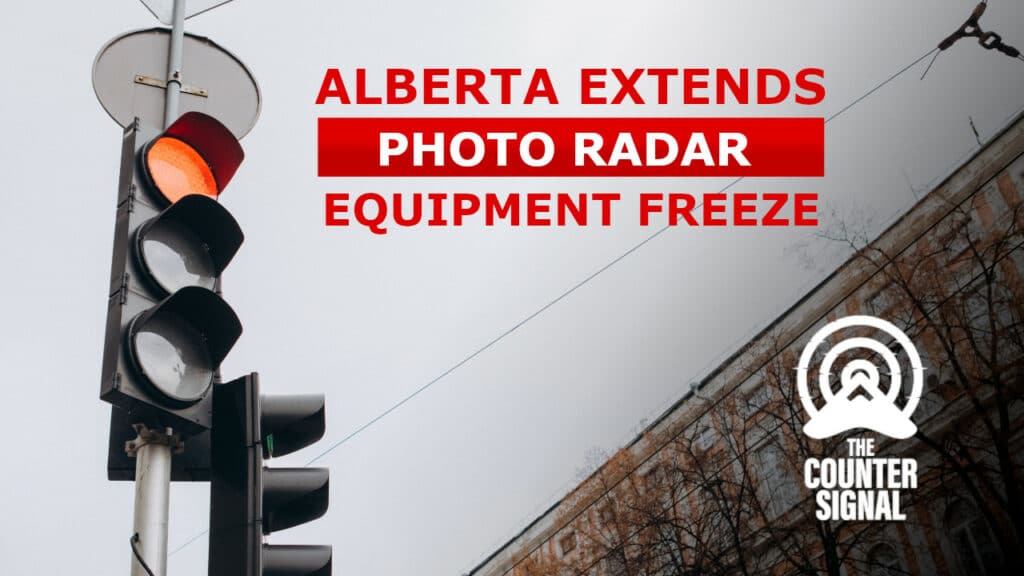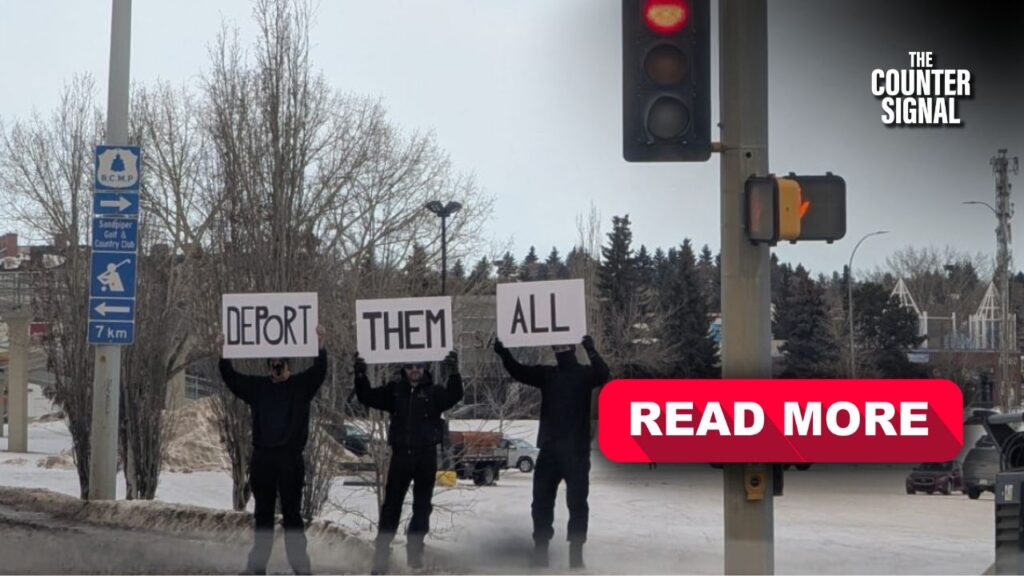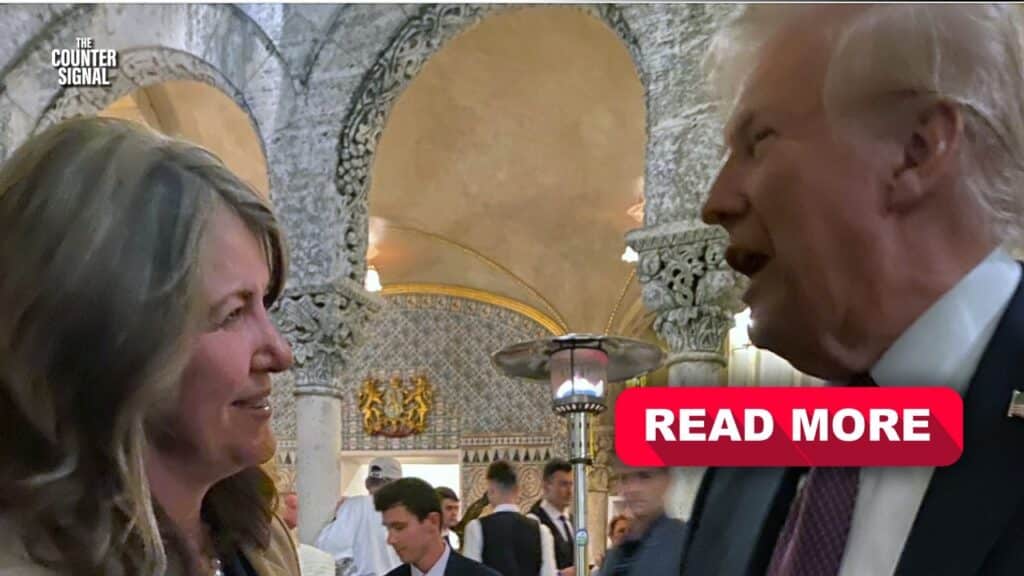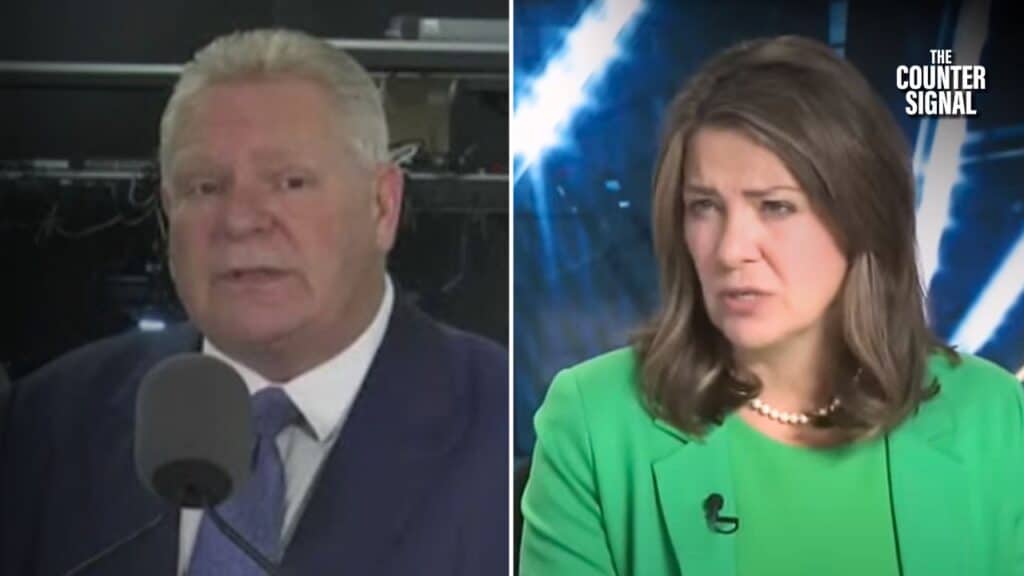The Alberta government is extending the freeze on new photo radar equipment and locations until Dec. 1, 2023.

“Extending the freeze will ensure that Albertans can be confident that photo radar is used to improve traffic safety, save lives, and not serve as a revenue generator,” a spokesperson for Infrastructure Minister Devin Dreeshen told The Counter Signal.
The United Conservative Party government began efforts to reduce speed traps under former Alberta premier Jason Kenney. While running for the party leadership, Kenney said Alberta municipalities are using photo radar “as a cash cow” and that he was “very open” to ending photo radar in the province.
But the government met pushback from municipalities, which budgeted for money collected from photo radar tickets.
Then, in December 2021, the province pivoted. Instead of banning radar altogether, Kenney promised to tighten restrictions on implementing photo radars across the province by April.
Those changes meant that the 26 municipalities across the province that use photo radar were barred from automatically ticketing drivers for multiple violations within five minutes. It also meant that photo radar units were prohibited in transition zones, like on-ramps and off-ramps, and residential roads with less than 50 km/h speed limits besides schools, playgrounds or construction zones.
Photo radar in school zones were limited to school hours.
“Photo radar should only be used for traffic safety – not as a cash cow to squeeze extra money from Albertans,” wrote Kaycee Mandu, the Justice minister at the time.
“Our government has worked with police services and municipalities to implement changes that will ensure photo radar technology is used only to ensure our roads remain safe.”
Asked why the province didn’t eliminate the use of photo radar entirely, Kenney said municipalities are free to do so themselves.
“If local voters don’t think that this is making a contribution to public safety and traffic safety, then they can petition their local councils to reverse the local policies,” he said.









